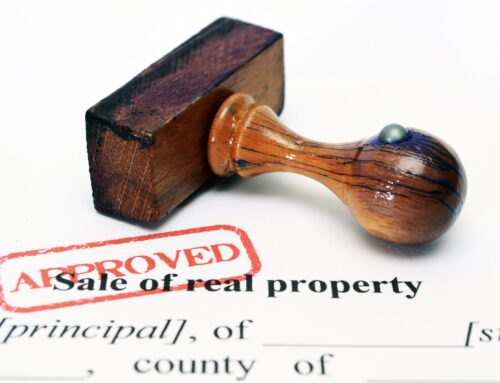Title Search, Title Report, and Title Insurance: What’s the Difference?
First-time homebuyers are sometimes surprised at how involved the process really is. There are more steps than go into buying a new car. That’s true each purchase generally involves financing. Many of those steps (like the title search) are partly there for the homebuyer’s protection. But that doesn’t keep them from being confusing.
Some of the confusion can arise from the fact that certain components of the process have similar names. That’s true of title search, title report, and title insurance. Here, then, is an explanation of each.

The Title Search
The title search is to verify that the person offering a home for sale really is the owner. Imagine you buy a house. Then later come forward claiming to be the real owner. You find yourself booted out. That would be bad.
The property title search also looks for undischarged debts, liens, easements, and other hindrances. Once again, imagine you acquire a house title. You find out later the previous owner didn’t pay his water and trash collection fees. As the new owner, those outstanding debts belong to you. Another galling situation. You also don’t want to find out there’s any sort of restriction on the property. You want to be able to use it as you choose.
Public records are public. So in theory, anybody can conduct a house title search. In practice, though, it’s a far better idea to leave it to a title search company. The title search company has the expertise to do the job properly. They also pay to get access to a database called a title plant. That database provides information about a property going back 30 years or more. Their access and skill set mean they’re not likely to miss anything. It’s conceivable that they might. But it’s far more likely that someone lacking their resources and knowhow will.
A competent, comprehensive title search includes a look at various records. These include surveyor’s records, county public records, county court records, and records from the county tax assessor’s office and the county property appraiser’s office.
The Title Search Produces the Title Report
Once the title search company has examined all this information, they compile their findings into a document called the title report. It’s essential information for the would-be homebuyer.
Generally speaking, the title report will include the following information:
- The current owner’s name, the address of the property, and its county tax number (AKA the property folio number.)
- The legal description of the property the county uses to identify it. (There’s likely to be some technical language in this part, but an expert can help you decipher it.)
- Liens and encumbrances. These, of course, are what the would-be homebuyer doesn’t want to see it, and if they’re there, they may kill the sale. You may no longer wish to buy, or the owner may no longer wish to sell once he or she understands that some or all of the money you would pay would go to settle the liens.
- Tax information. If there are unpaid taxes, this is another problem. The proceeds of the sale will go to settle unpaid taxes even before any lien holders get their cut.
- Parties other than the owner may have the right to use the property under certain circumstances. For example, utility companies could come onto your property to deal with power lines and the like.
- Restrictions, historical rules, and oversights. You might run into these f you want to move into a historic neighborhood. There could be rules in place that would keep you from making any changes to your property that would clash with the general characteristics of the area.
- Covenants, conditions, and restrictions (the CC&R section.) You’ll generally see this section in relation to condominiums and other planned developments. Once again, it lays out restrictions and obligations that go with ownership of the property, possibly determined and imposed by a condominium or homeowner’s association.
A title report doesn’t specifically tell you if a title is insurable or marketable. If you go ahead and buy the property, you’re taking on the responsibility and liability of defending the title. Fortunately, though, you aren’t taking it on by yourself. You’ll have title insurance to help you out.
Title Insurance
Assuming a clean title report, it should now be possible to buy title insurance. (If it’s not possible, then the sale is probably impossible too.)
There are actually two kinds of title insurance. One is for the new owner. The other is for the lender. The lrnfrt is the institution that provided the mortgage. (If the homebuyer didn’t pay the total price in cash up front.)
Both owner’s title insurance and lender’s title insurance do essentially the same thing. They protect against financial loss if, after the purchase, someone comes forward and presents a claim on the property.
In Florida, the price of title insurance is $5.75 for every $1000 of value. That’s for a home valued at $100,000 or less. If it’s valued at more than that, then the cost is $5 for each $1000 of value above the $100,000.
You might think that if the title search came up empty and the title report is clean, there’s no reason you would ever need title insurance, but, as mentioned above, even the most comprehensive, expert title search may not uncover every hidden issue. When you consider the potential for financial loss that could be lurking somewhere, you can see title insurance for the bargain it truly is.






